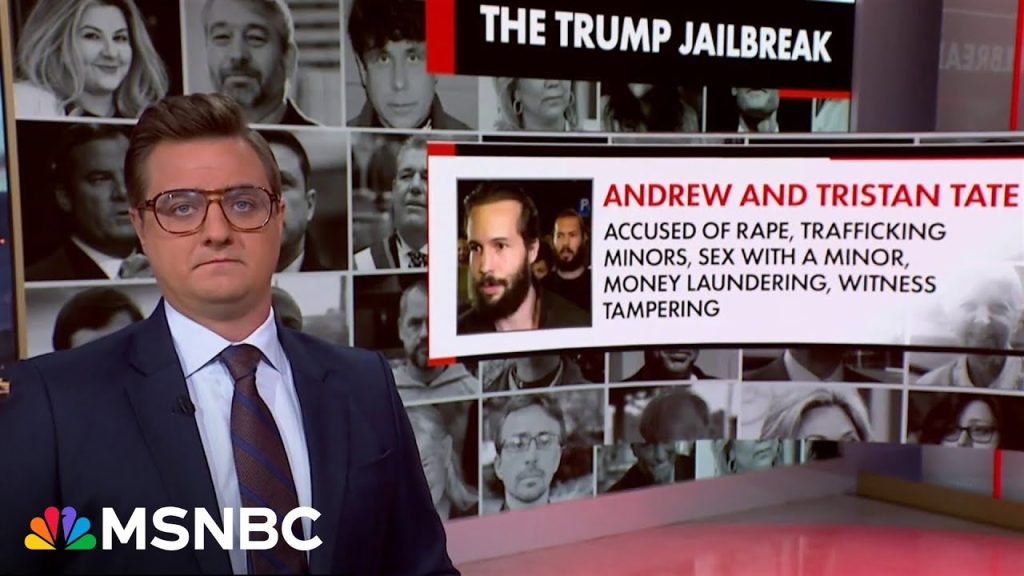In a damning critique of former President Donald Trump, political commentator Chris Hayes recently declared him the “most unabashedly pro-criminal president of my lifetime.” The statement comes amid heightened scrutiny of Trump’s actions during and after his presidency, particularly regarding his perceived connections to crime and law enforcement.
Hayes opened his commentary by addressing Trump’s ambitions, suggesting that the former president has expressed desires to act more like a dictator. “He wants to be a dictator,” Hayes asserted, underscoring the alarming implications of Trump’s rhetoric over the past week, which has raised eyebrows among both supporters and critics alike. The implication that Trump’s administration had a ‘tough on crime’ stance was challenged by Hayes, who contended that such claims depend on who is committing the crimes. “It just depends on who’s doing the crime, doesn’t it?” he questioned rhetorically.
Diving deeper into the topic, Hayes pointed out the paradox of Trump’s claims to be a crime-stopper while simultaneously supporting individuals who have committed various offenses. Hayes suggested that Trump’s approach to law and order was selective, addressing what he considered the president’s long record of pardoning and defending people involved in significant criminal activities. In fact, he made it clear that Trump’s administration wasn’t as tough on crime as it professed to be, citing a list of individuals whom Trump has pardoned since taking office, including those involved in the January 6 insurrection.
Outrage over the attack on the Capitol, which took place as Congress convened to certify Joe Biden’s election, has not subsided. Hayes reminded viewers that on his very first day in office, Trump granted clemency to individuals implicated in that insurrection, an event that attempted to overturn the democratic process. The move was characterized by Hayes as an alarmingly pro-criminal stance, noting that many of those pardoned faced serious legal repercussions for their actions—actions that Hayes firmly believed were fueled by Trump’s own narrative.
In his analysis, Hayes compiled an extensive list of around 1,500 convicted or suspected criminals that Trump has either pardoned or shown support for, highlighting a troubling pattern that raises questions about the integrity of Trump’s leadership. Hayes emphasized that the real danger lies in how Trump has mobilized federal law enforcement and presented a façade of being tough on crime while actively enabling those who commit crimes associated with his agenda.
As Trump’s influence continues to loom large over American politics, Hayes’ commentary serves as a stark reminder of the divisions that have come to define contemporary political discourse. It also sheds light on an ongoing national conversation regarding the role of law and order in governance and whether it is being applied evenly across the board. The implications of Trump’s record could have lasting impacts as the country heads into the 2024 election cycle, with many Americans increasingly concerned about the balance of power and the sanctity of democratic processes.
The polarization of American politics remains a pressing issue, and Hayes’ critique reflects broader concerns about accountability and the rule of law under former President Trump. As both sides prepare for what is sure to be a contentious election, conversations like Hayes’ are pivotal in shaping public opinion and understanding the ramifications of leadership in these tumultuous times.




